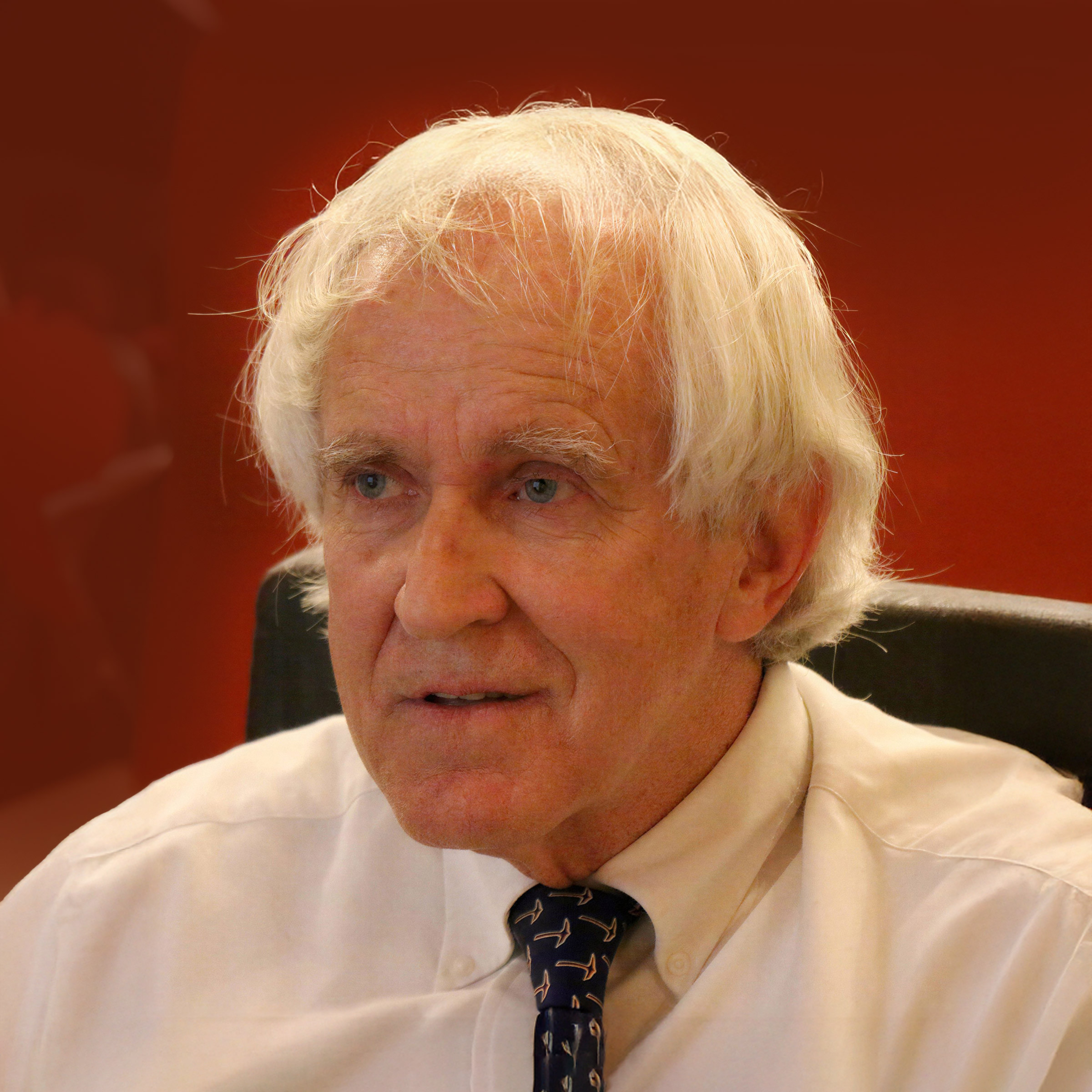The way things are going, the “nature rights” movement won’t need new laws to attain personhood status for Pachamama. Woke corporations will do it all on their own.
House of Hackney, an interior design company, has named “Nature” to the Board of Directors. Instead, a radical environmentalist lawyer has been appointed Pachamama’s mouthpiece. From the Business Green story:
A luxury interiors brand has appointed a director to its board to represent nature and future generations of both people and animals, in a bid to give people and planet a legal say in company decisions.
House of Hackney announced yesterday it had worked with environmental law collective Lawyers for Nature to appoint a legal representative for ‘mother nature’ and ‘future generations’ to its boardroom.
Frieda Gormley, co-founder of House of Hackney, said the firm wanted to hold itself to a “high level of legal accountability” for the impact its operations had on nature and future generations’ quality of life.
At House of Hackney, we have been asking ourselves ‘what would nature say?’,” she said. “For so long nature has been viewed as an extractive resource which has now gone beyond a critical point of sustainability, and we all have a responsibility to resolve this. Recognising that nature has a voice to challenge and drive positive decision making will help guide our responsibility for change.”
An Unlimited Portfolio
Nature’s board representative will have an unlimited portfolio, appointed to speak and vote for everyone and everything that will ever live:
Brontie Ansell, co-founder of Lawyers for Nature, will represent ‘mother nature’ and ‘future generations’ at House of Hackney board meetings.
“My role here is to be a conduit and a voice for mother nature and future generations, with the freedom to consult a wide network of experts as and when required,” she said. “The system of this is designed in a way to avoid bias both personally, professionally and financially, and to provide a truly ethical view of the business and all decisions made.”
The brand said it defined ‘mother nature’ as the personification of nature – all the animals, plants, ecosystems and other things not made by humans, and all the events and processes not caused by humans.
Future generations, meanwhile, are taken to encompass all future generations of humans, plants, and animals on Earth from today’s date. Their representation on the board would ensure business activity aims to drive “a liveable, thriving world for tomorrow”, House of Hackney said.
That’s a heavy responsibility — and an unsubtle bow to a neo-nature religion that demotes human beings to just another animal in the forest — a point of view epitomized by green radicalism.
How Will the “Lawyer for Everything” Decide?
What if there is a conflict among different aspects of flora, fauna, and geological features? Beats me, but you can bet the decision will be based on the most radical ideological perspectives. And, of course, people who believe in human exceptionalism will never become Nature’s voice.
At least the company is privately held, so only the owners will suffer any financial consequences caused by their virtue signaling. On the other hand, they may expect to benefit from the gauzy sentimentality of an elite clientele rushing to buy expensive fabrics and upholstery from such a good friend of nature. You know, the kind of people who yell about global warming from the comfort of their private jets.
House of Hackney is certainly not an economic force. But its owners’ decision illustrates what a frivolous culture we are becoming, with the private sector increasingly fueling our intellectual and moral decline.
Cross-posted at National Review.









































